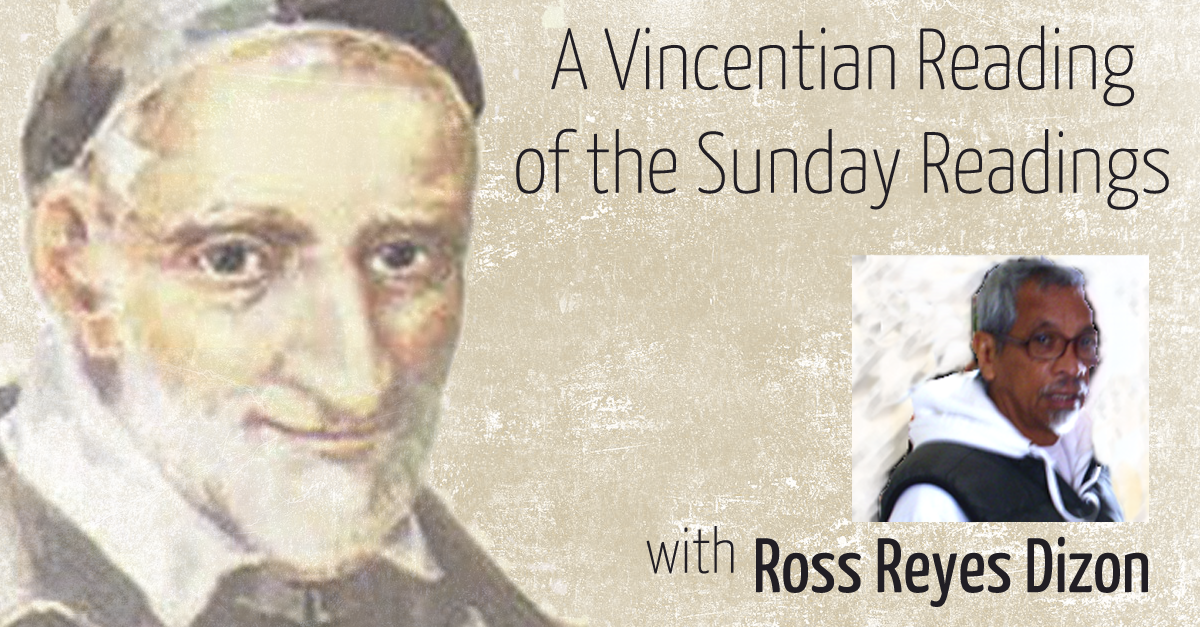Only through Christ can we give to the Father the pleasing worship in Spirit and truth. And we come to the one who alone suffices only through Jesus.
In Jerusalem, magi from the east ask a question. They want to know where the newborn king of the Jews is and to worship him. Unfortunately, the interest of the magi is of no interest to those who, supposedly, should have interest.
First, the interest of Herod is to stay in power. That is why, he finds troubling the magi’s question, taking it to be a warning that his reign ends soon. It sounds to him, too, that the magi unmask him as a usurper. And he is, for he is an Idumean, with no right whatsoever to the throne of David.
The usurper fears, then, for his throne, which also troubles all Jerusalem. Citizens fear they will be the ones to bear the brunt of Herod’s repression. He compensates for his illegitimacy by seeking greatness through the magnificent rebuilding of the temple in Jerusalem or by repression.
Secondly, the members of the Sanhedrin that Herod summons betray their lack of interest. It is enough for them to know the law and the prophets and burden people with them. But these experts do not lift a finger; they do not go to Bethlehem. The collaborators are perhaps like Herod and the Romans, serving wicked money.
So, Jesus’ own did not receive nor worship him. And that is just as well.
The rejection of Jesus on the part of his own people has a silver lining. Through it comes the salvation of the Gentiles. Hence, “Gentiles are coheirs, members of the same body, and copartners in the promise in Christ Jesus through the gospel.”
By revealing himself to outsiders, Jesus Christ, the glory of Israel, becomes the light of the nations, too. He thus ushers in the fulfillment of what he will later prophesy expressly. That is to say, “the hour is coming, and is now here, when true worshipers will worship the Father in Spirit and truth.”
To worship God truly is to have the simplicity that is lacking in the one who feigns worship of Jesus. It is to guard against greed and live according to our better knowledge, seeking God above all, since he alone suffices. Additionally, it means letting the poor awe us. It is to offer them our services and proclaim on our knees, with Bl. Frédéric Ozanam, “My Lord and my God!”
Unless we help the poor, our worship and Eucharist will not please God. Besides, when we are merciful, then light rises for us in the darkness.
Lord Jesus, source and summit of all worship, give us the light of faith, so that we may see you in the poor (SV.EN XI:26).
8 January 2017
Epiphany of the Lord
Is 60, 1-6; Eph 3, 2-3a. 5-6; Mt 2, 1-12








0 Comments